Manchester Arena attack: UK police say suicide bomber allegedly responsible for blast, probe underway
Tue 23 May 2017, 15:25:34
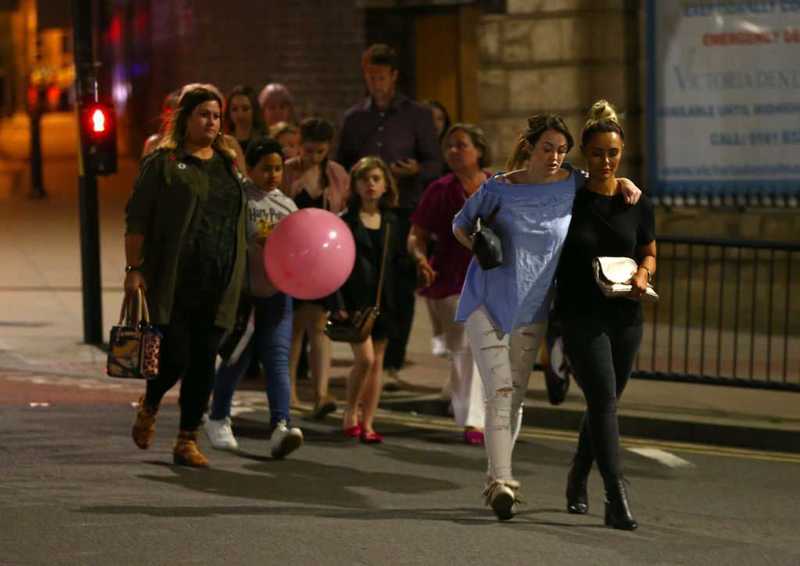
Manchester: An apparent suicide bomber set off an improvised explosive device that killed 22 people at the end of an Ariana Grande concert, Manchester police said Tuesday.
Police said dozens more were injured in the Monday night blast carried out by a male, who was killed.
Forensic investigations are continuing to determine if the attacker had accomplices, said Chief Constable Ian Hopkins. He provided no information about the individual who detonated the device.
Hopkins said some of the dead were children but provided no further details about the victims or the attacker.
Hopkins said police are treating the blast as an act of terrorism "until we know otherwise." The local ambulance service says 59 people were taken to hospitals.
It was not immediately clear if police were including the attacker among the 22 people reported to have died.
The concert was attended by thousands of young music fans in northern England.
There was panic after the explosion, which struck around 10:30 p.m. (2130 GMT) Monday night as Grande was ending the concert, part of her Dangerous Woman Tour.
The singer, who was not injured, tweeted hours later: "Broken. From the bottom of my heart, I am so so sorry. I don't have words."
Police cars, bomb-disposal units and 60 ambulances raced to the scene as the scale of the carnage became clear. More than 400 officers were deployed after the blast.
Manchester Arena said on its website that the blast struck outside the venue as people were leaving. Some eyewitnesses said it happened in the foyer of the arena just after the concert ended.
"A huge bomb-like bang went off that hugely panicked everyone and we were all trying to
flee the arena," said concertgoer Majid Khan, 22. "It was one bang and essentially everyone from the other side of the arena where the bang was heard from suddenly came running towards us as they were trying to exit."
flee the arena," said concertgoer Majid Khan, 22. "It was one bang and essentially everyone from the other side of the arena where the bang was heard from suddenly came running towards us as they were trying to exit."
The incident sparked a nightlong search for loved ones as frantic parents tried to locate their teenage children, and groups of friends scattered by the explosion sought to find one another.
Taxi services offered to give stranded people rides home for free, and residents opened their homes to provide lodging for others who could not get home because public transport had shut down.
Twitter and Facebook were filled with appeals for information about people who had not been accounted for.
Home Secretary Amber Rudd called the incident "a barbaric attack, deliberately targeting some of the most vulnerable in our society - young people and children out at a pop concert."
Jenny Brewster said she was leaving the concert with her 11-year-old daughter when the blast hit.
"As I turned around, boom, one loud noise," she told Sky News. "A gentleman said 'run!' so we ran." Outside, she said, "you could smell the burning."
Britain's terrorist threat level stands at "severe," the second-highest rung on a five-point scale, meaning an attack is highly likely.
There was no immediate claim of responsibility. Supporters of the extremist Islamic State group, which holds territory in Iraq's Mosul and around its de facto capital in the Syrian city of Raqqa, celebrated the blast online.
One wrote: "May they taste what the weak people in Mosul and (Raqqa) experience from their being bombed and burned," according to the U.S.-based SITE Intelligence Group.
No Comments For This Post, Be first to write a Comment.
Most viewed from International
Most viewed from World
AIMIM News
Latest Urdu News
Most Viewed
May 26, 2020
Do you think Canada-India relations will improve under New PM Mark Carney?
Latest Videos View All
Like Us
Home
About Us
Advertise With Us
All Polls
Epaper Archives
Privacy Policy
Contact Us
Download Etemaad App
© 2025 Etemaad Daily News, All Rights Reserved.

.jpg)
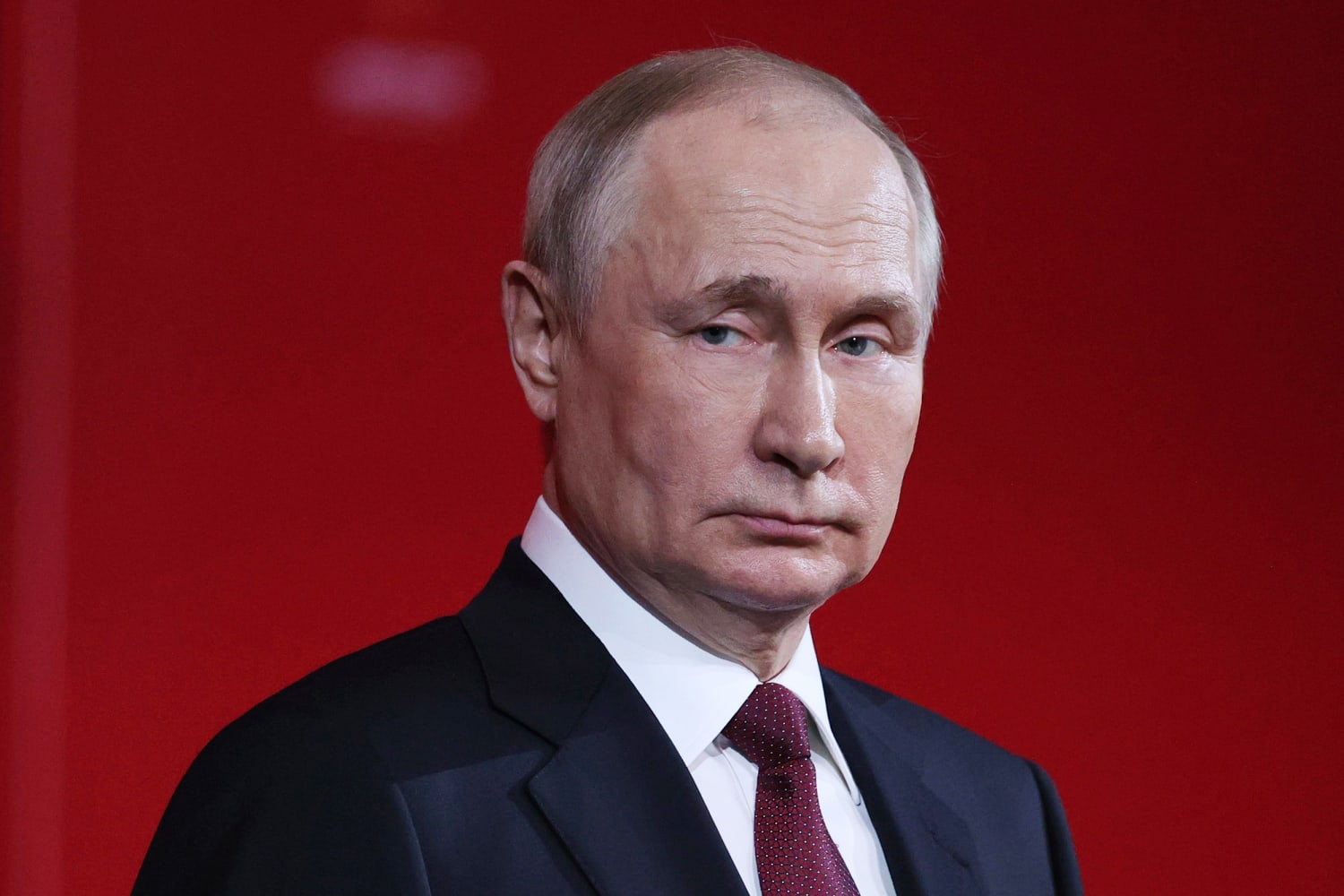
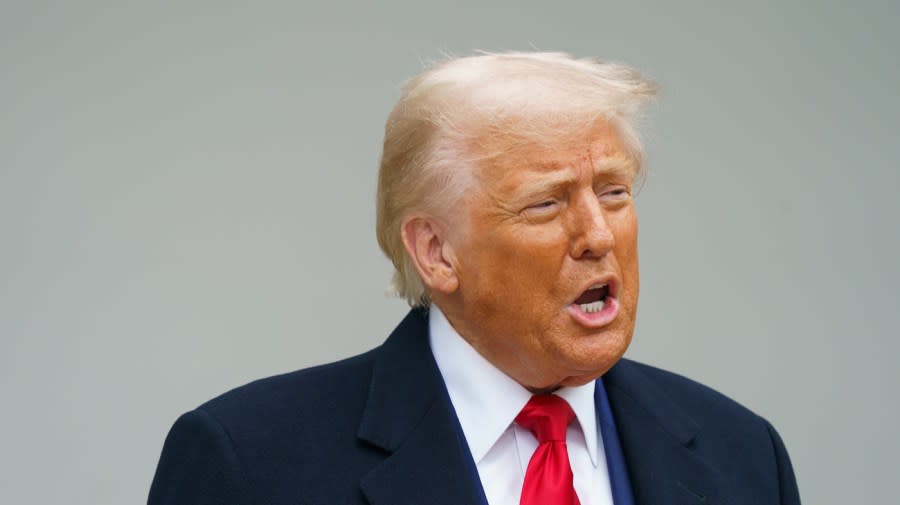
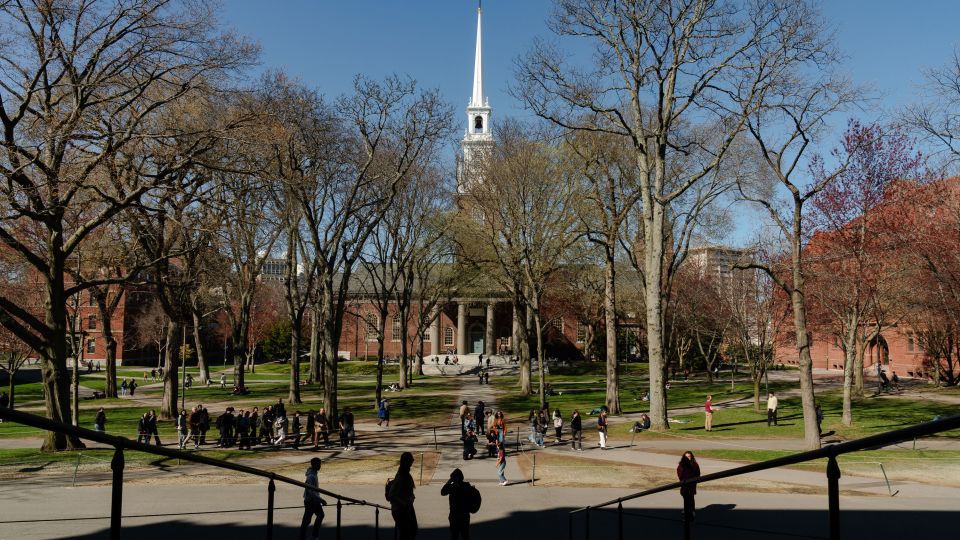
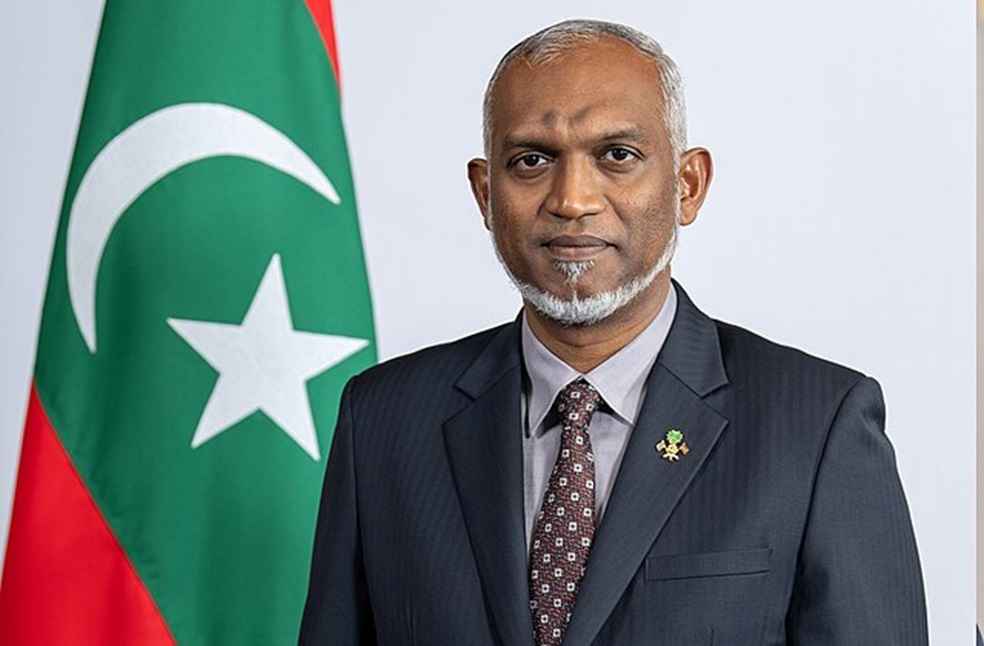
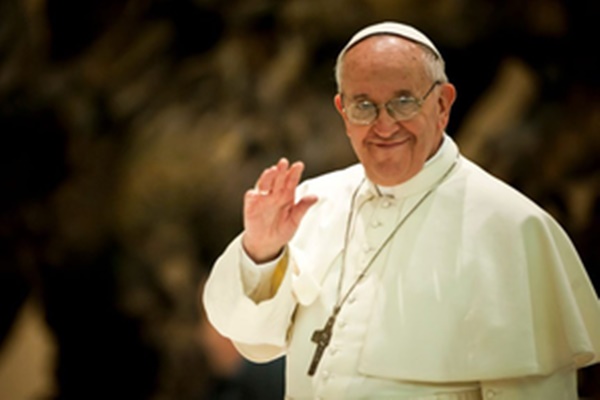
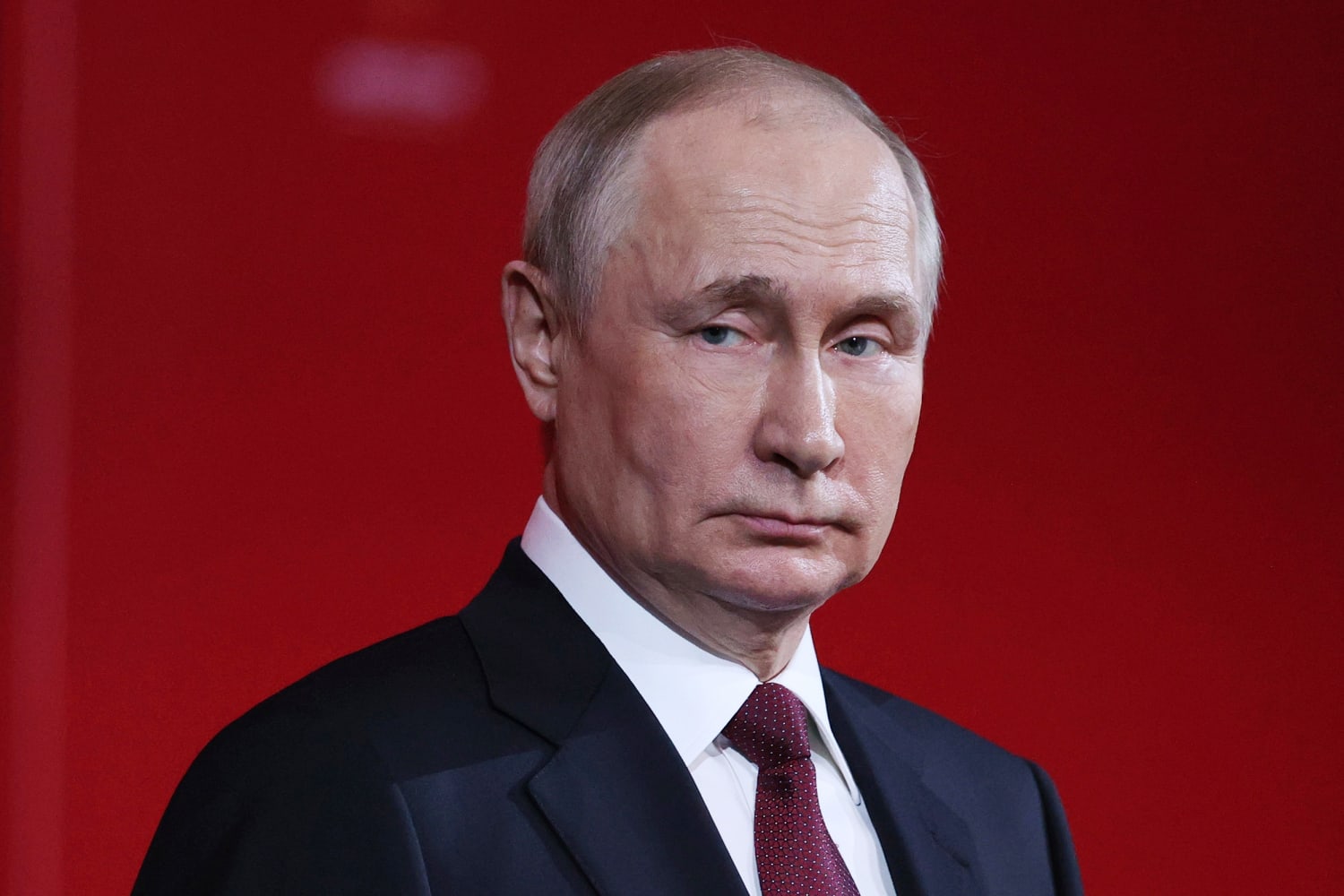
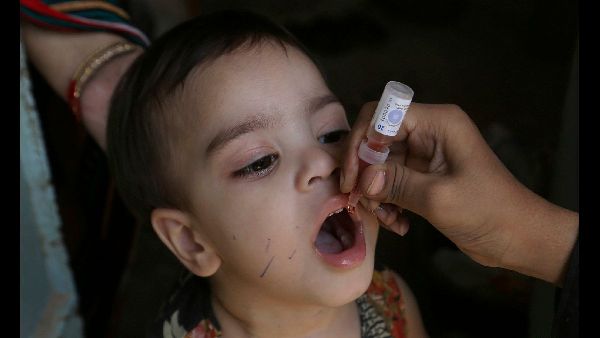
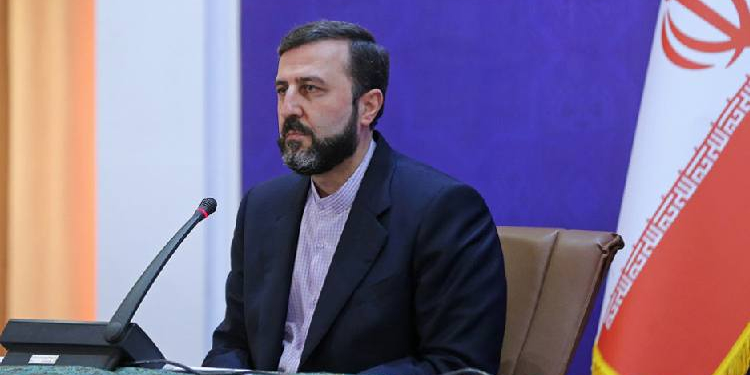

.jpg)
.jpg)
.jpg)
.jpg)
.jpg)
.jpg)
.jpg)
.jpg)
.jpg)
.jpg)
.jpg)
.jpg)
.jpg)
.jpg)

















